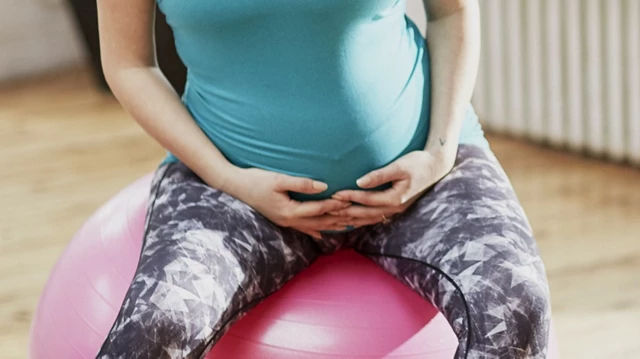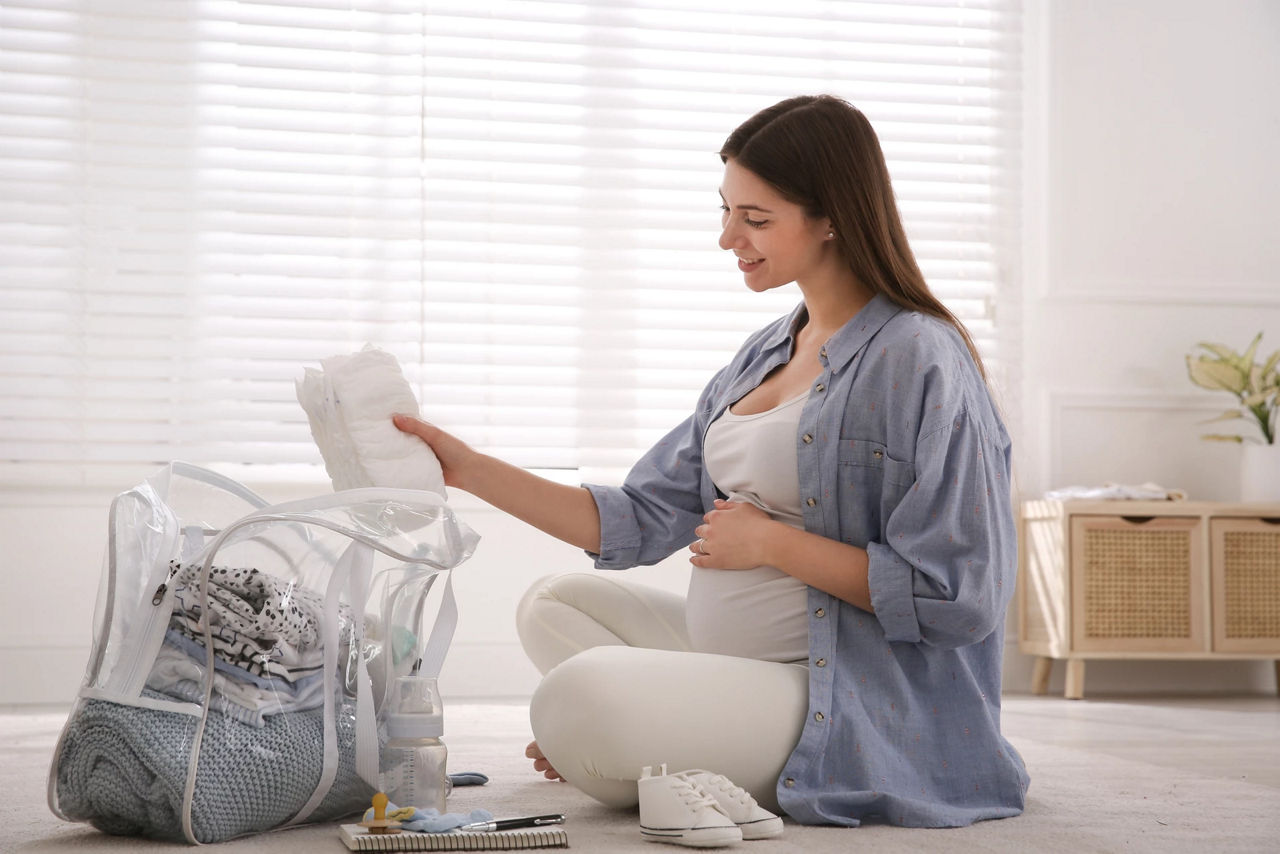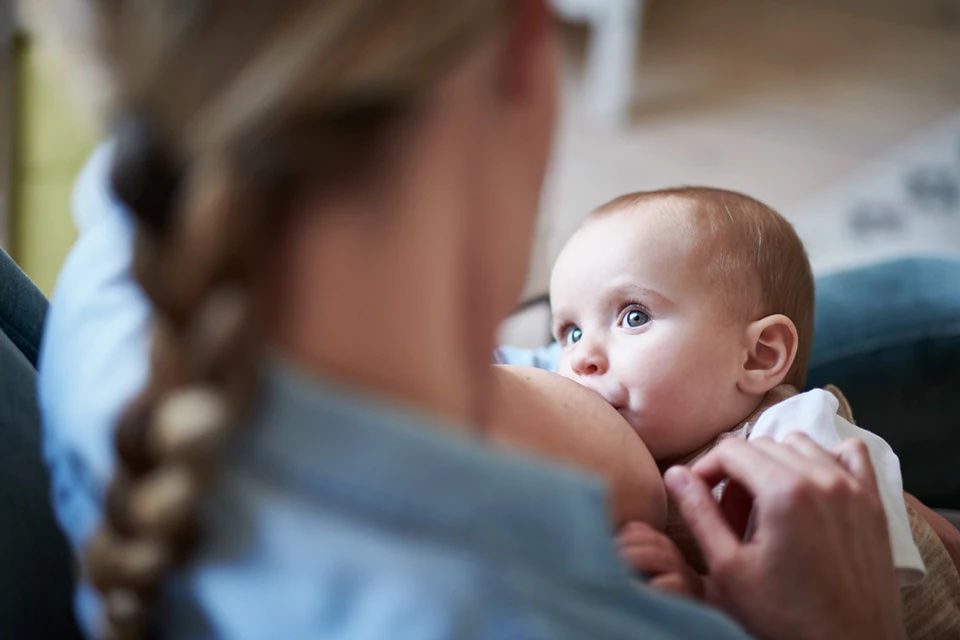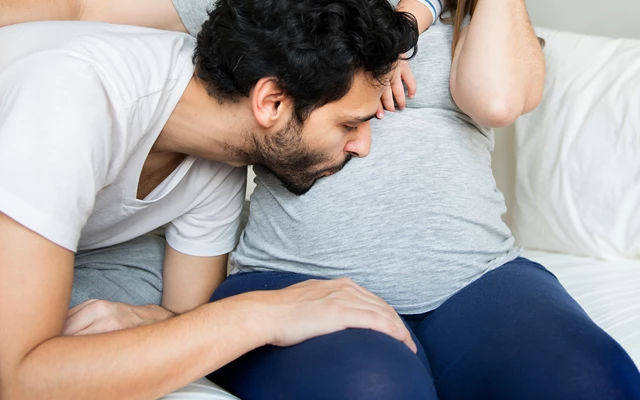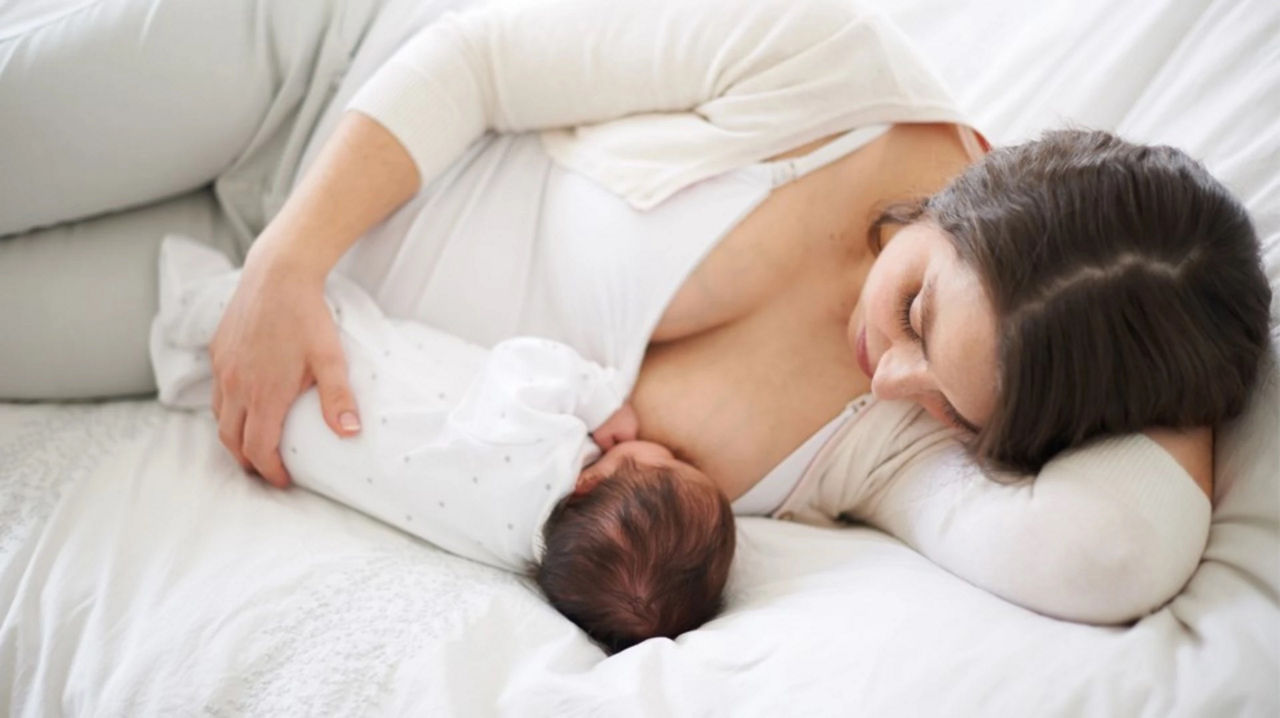At 33 weeks pregnant, your baby is taking up an increasing amount of the available space in your tummy. You may notice a decrease in appetite as a result, but your baby still needs a steady supply of nutrients for the development that’s yet to come. Learn how to adjust your eating habits to ensure the nourishment you both need and read our suggestions for healthy snacks and small meals.
33 weeks pregnant
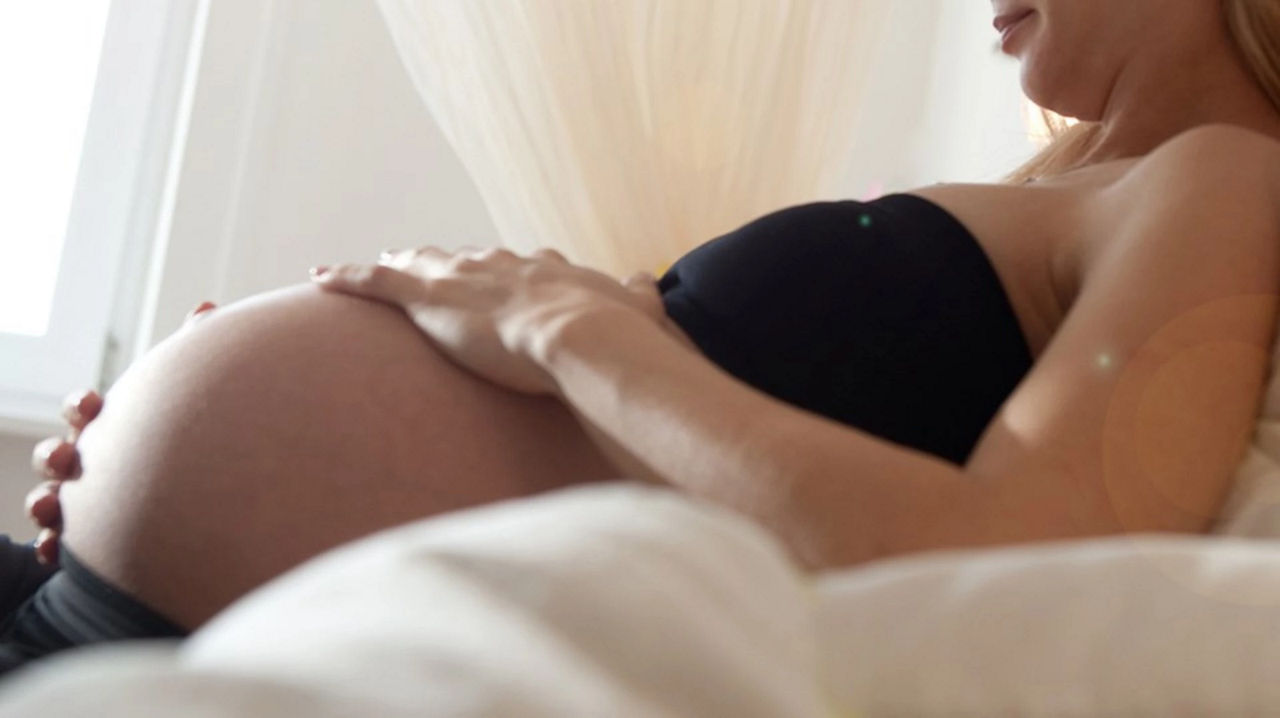
Explore pregnancy stages week by week
Full of love
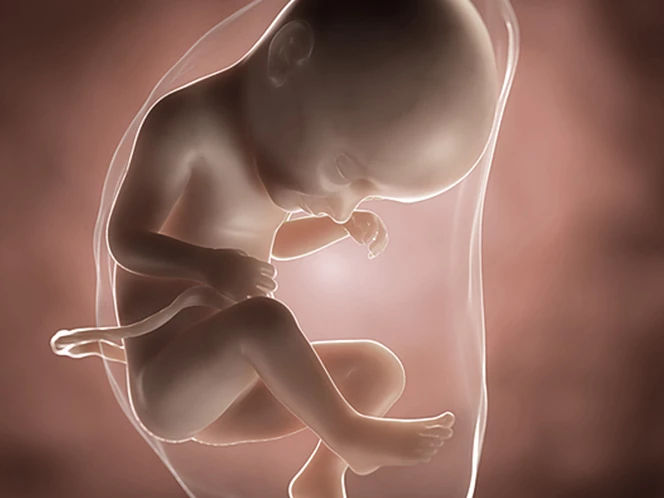
Braxton Hicks in week 33
By the 33rd week of pregnancy, your baby weighs around 4-4½lbs and measures roughly 44cm from head to bottom1. Their brain and nervous system are now fully developed1 and they continue to accumulate the fat stores that will keep them warm after birth.
Your baby is set to grow rapidly in the coming weeks. With less room to move, you’re likely to feel every roll, kick, stretch and shift. You might find that certain foods or drinks affect your baby’s movements too. Let your midwife or healthcare professional know if this causes you any concern1.
If you feel your abdomen becoming tight from time to time around week 33, this is a sign that your uterus is preparing for the contractions of labour2. Known as Braxton Hicks contractions, you may notice more and more of this tightening as your due date draws nearer.
You may start to feel the tightening sensation of Braxton Hicks at around week 33.
Quality, not quantity in your pregnancy diet
Late in your third trimester, your baby is taking up most of the space your stomach used to occupy. This can lead to a decrease in appetite, heartburn and a need to eat smaller portions more often.
If you don’t feel like eating large portions, try to graze on healthy snacks throughout the day and either side of your meals – this will ensure you and your baby both receive a steady supply of nutrients and energy.
Key nutrients to include at this stage are vitamin D to support your baby’s developing bones3; iron for your baby’s cognitive function and to reduce your own feelings of tiredness and fatigue3; and the long chain polyunsaturated fatty acid (LCPs), DHA which supports your baby’s brain and eye development3. A good supply of these nutrients during pregnancy lays the foundation for a lifetime of good health4.
Next Steps
Try these snacks and light meals for a nutritious boost during your day:
For vitamin D:
- Sardines on toast
- A bowl of fortified, unsweetened breakfast cereal with milk
For Iron:
- Hummus and wholemeal pitta slices with spinach
- Baked beans on a jacket potato
- A wrap filled with cooked beef or roast beef
- A handful of dried apricots, figs or prunes
For DHA and other Omega 3 fats:
- Grilled trout with salad
- Smoked salmon sandwich
- A handful of nuts and seeds
- Soya milk fruit smoothie
Remember to limit your intake of oily fish such as salmon, trout or mackerel to 2 portions per week when pregnant.
related articles
Read More

Get in touch with our Careline experts
Our nutritionists and feeding advisors are always on hand to talk about feeding your baby. So if you have a question, just get in touch
- NHS. Week-by-week guide to pregnancy [Online] 2021. Available at https://www.nhs.uk/start4life/pregnancy/week-by-week/3rd-trimester/week-33/ [Accessed July 2021]
- Raines DA, Cooper DB. Braxton Hicks Contractions. [Updated 2021 Jan 29]. In: StatPearls [Internet]. Treasure Island (FL): StatPearls Publishing; 2021 Jan-. Available from: https://www.ncbi.nlm.nih.gov/books/NBK470546/
- Uauy, R., Hoffman, D. R., Peirano, P., Birch, D. G., & Birch, E. E. (2001). Essential fatty acids in visual and brain development. Lipids, 36(9), 885–895. https://doi.org/10.1007/s11745-001-0798-1
- NHS. Vitamins and nutrition in pregnancy [Online]. 2020. Available at: www.nhs.uk/conditions/pregnancy-and-baby/pages/vitamins-minerals-supplements-pregnant.aspx[Accessed July 2021]
Last reviewed: 28th July 2021
Reviewed by Oriana Hernandez Carrion

